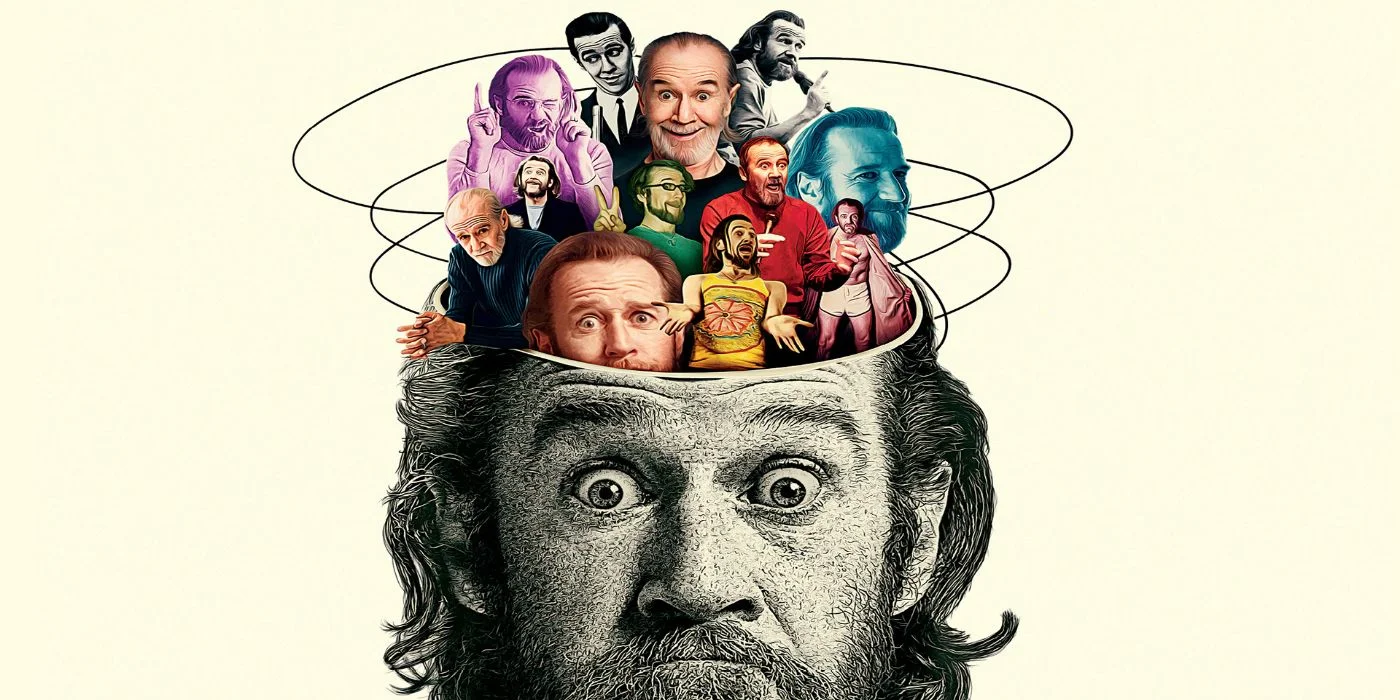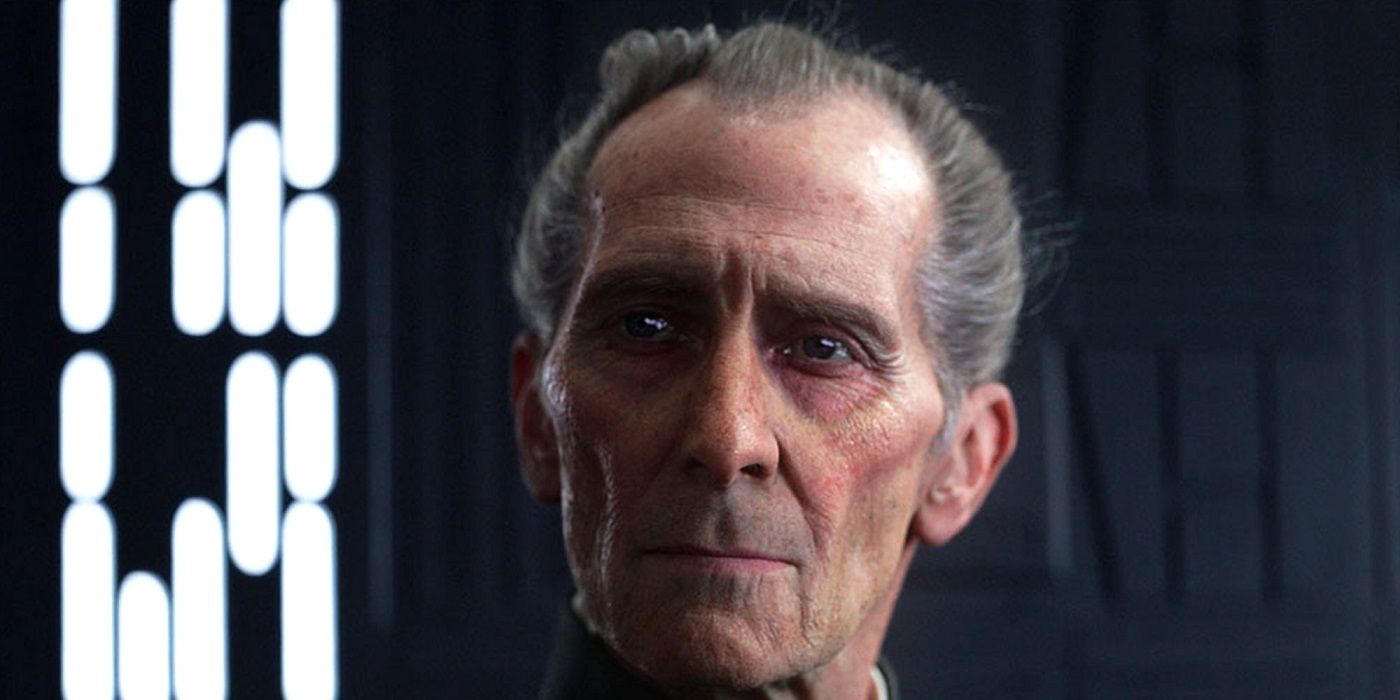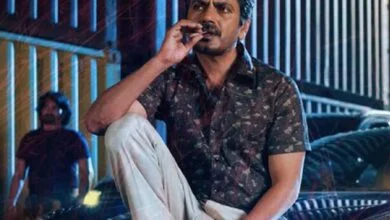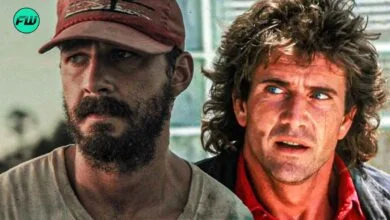No Machine Will Ever Replace His Genius

Summary
- Carlin’s daughter, Kelly, has filed a lawsuit to challenge the use of AI in creating an AI-generated stand-up show imitating her late father’s style and voice. She wants to “draw a line in the sand” on this issue.
- The AI chatbot, Dudsey, was trained using George Carlin’s previous work to create new material that sounds like it could have been made by Carlin himself. The AI-generated special was released on a streaming platform called Dudesy.
- Kelly Carlin believes that AI-generated products like this are attempts to recreate her father’s genius, but no machine can ever replace his true artistry. She encourages listeners to appreciate the genuine George Carlin’s work and support living human comedians instead.
The family of George Carlin has followed-up on their initial response to the release of an AI-generated stand-up “special” programmed to imitate the late comedian. Having slammed the YouTube-released video, Carlin’s daughter Kelly Carlin has now launched a lawsuit to “draw a line in the sand” over the use of AI in its many forms.
As per The Hollywood Reporter, Carlin filed the suit on Thursday, and noted:
We have to draw a line in the sand…This is going to be a fight on every front, with entertainment at the center.
The lawsuit focuses on the AI chatbot – which goes by the name of Dudsey – being trained using years of comedian Carlin’s work to create a replication that uses his voice and style to generate a new one-hour-long stand-up show containing new material that, according to the creators, could have been made by Carlin himself.
The video was released on the streaming platform by Dudesy, an AI comedy podcast hosted by Will Sasso and Chad Kultgen, under the less than subtle title of “George Carlin: I’m Glad I’m Dead!” The completely AI-created “special” features a fabricated version of Carlin’s voice discussing modern topics in his delivery style. However, Carlin’s daughter, like many of the comedian’s fans, has not seen the funny side of the release. In a post on X (Twitter), she wrote:
“My statement regarding the AI generated George Carlin special: My dad spent a lifetime perfecting his craft from his very human life, brain and imagination. No machine will ever replace his genius. These AI generated products are clever attempts at trying to recreate a mind that will never exist again. Let’s let the artist’s work speak for itself. Humans are so afraid of the void that we can’t let what has fallen into it stay there. Here’s an idea, how about we give some actual living human comedians a listen to? But if you want to listen to the genuine George Carlin, he has 14 specials that you can find anywhere.”
Following up on the post, Kelly later confirmed to a follower that the podcast has not sought any permission to train their AI model with Carlin’s available stand-up shows and use his name as part of the production.
You can see the real George Carlin in action below:
Is The Revival of Dead Stars Through AI Wrong?
The resurrection of deceased stars through computer-generated graphics is nothing new. TV ads have been manipulating old footage of long-dead actors from the 30s and 40s to promote products. The Star Wars franchise has brought back actors including Peter Cushing and Carrie Fisher after their deaths to appear on-screen again. But the release of the George Carlin special is something altogether different.
While the generation of new content featuring deceased stars, whether in voice only or with full video, was previously reserved for just movie studios or those with a hefty amount of expensive tech behind them, the same technology is now readily available to everyone. From ChatGPT to iPhone apps, there are several easily accessible ways for anyone to create some form of AI-generated content based on both people living and dead.
Previously there have been reports of actors such as Bruce Willis signing away their likeness to be used in AI-generated projects, but these have mostly been debunked – for now. Recently, SAG-AFTRA was reported to have made a deal with Replica Studios to allow likenesses of actors’ voices to be licensed for use in video games. While the deal was said to be ensuring “performers’ consent and negotiation for the use of their voice,” the voice actors this was said to be protecting were less than impressed with the announcement. Voice actors including Mortal Kombat’s Steve Blum, Avatar: The Last Airbender’s Greg Baldwin and voice acting casting director Samantha A. Morrison were among the many to slam the proposal, despite the SAG-AFTRA claiming it had been “approved by affected members of the union’s voiceover performer community.”










